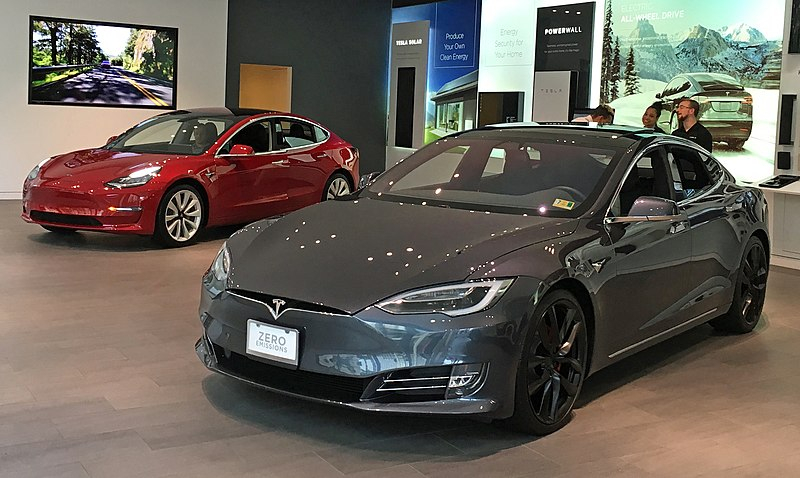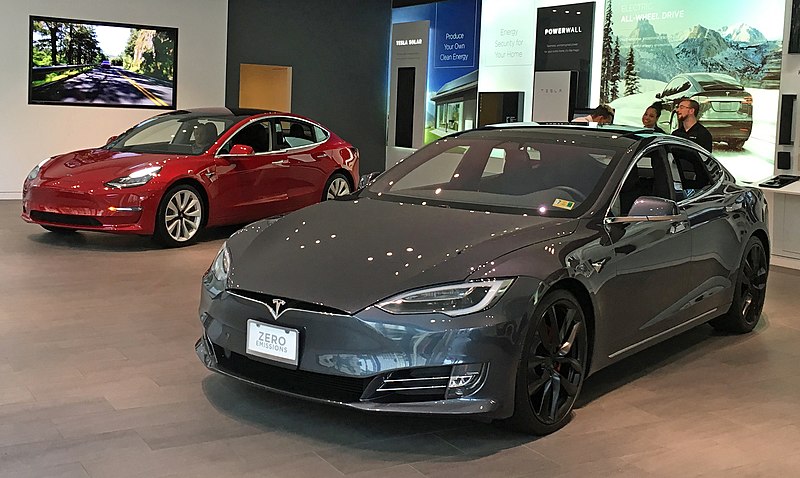The new rules are expected have a snowball effect on the American car industry, as well as the cars we drive. Billions of dollars are being made available for manufacturers of cleaner vehicles and car batteries to build factories in the U.S. Those companies getting their components and raw materials from within the States (or from ally countries) will have it easier, too. By boosting the local car industry in his way, government isn’t just making our roads and cities cleaner, it’s also cleverly protecting the economy from China and other outside influencers.
The Inflation Reduction Act will provide healthier, sustainable transportation options for individual Americans, too. Here’s what we learned the bill means for you as a (future) EV driver.
Tax credits for new cars If you’re in the market for a new clean car, you’re in luck: stick to the rules and you’re eligible for a tax credit of $7,500. There’s one big caveat, though: your new EV has to be assembled in North America. To help you choose a make and model that’s eligible, there’s a list
here.
No tax credits for Tesla, GM and Toyota cars until 2023That’s right. Until the end of 2022, the tax credit excludes vehicles from Tesla, GM, and Toyota, as they’ve sold over 200,000 cars each – their cap for 2022. If you’ve got your heart set on one of these three brands, you’ll have to hold out until January 1st, 2023 before buying your new EV.
High earners should buy nowIf you earn over $150,000 (single filing taxpayer) and/or want to buy want of the fancier car models, you’d better move fast. From 2023, both high earners and pricy models won’t be eligible for a tax credit any longer.
Used EVs get tax credit tooThe new kid on the tax credit block is the used EV. Perfect timing – more and more ex-lease EVs are starting to appear on the used car sales market. To get the $4,000 used EV tax credit, you must earn under $75,000 (for single filing taxpayers, or $150,000 for double filers). Furthermore, the car you buy should cost no more than $25,000 and be at least 2 years old. The used car tax credit gets a big thumbs up from us at EV Charge 4 U. It’s about time that lower income workers get a chance to switch to electric – whether they want to contribute to a greener world or simply want to lower their gasoline bills.
As Joe Britton, Executive Director of the Zero Emission Transportation Association (ZETA) said in response to the bill being signed by Mr. Biden: “The Inflation Reduction Act will […] make the United States a clear leader in electric vehicle manufacturing and innovation.”





